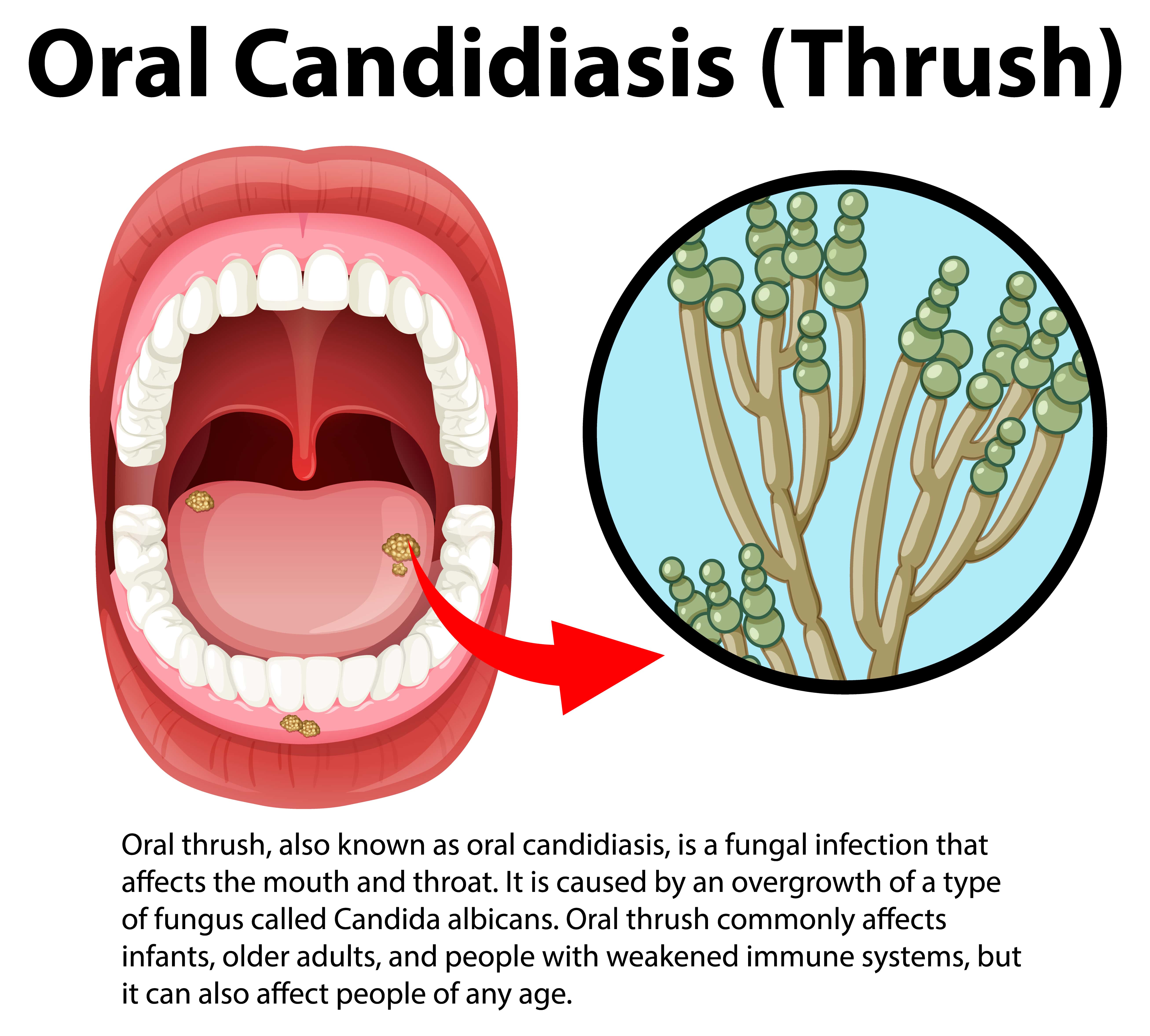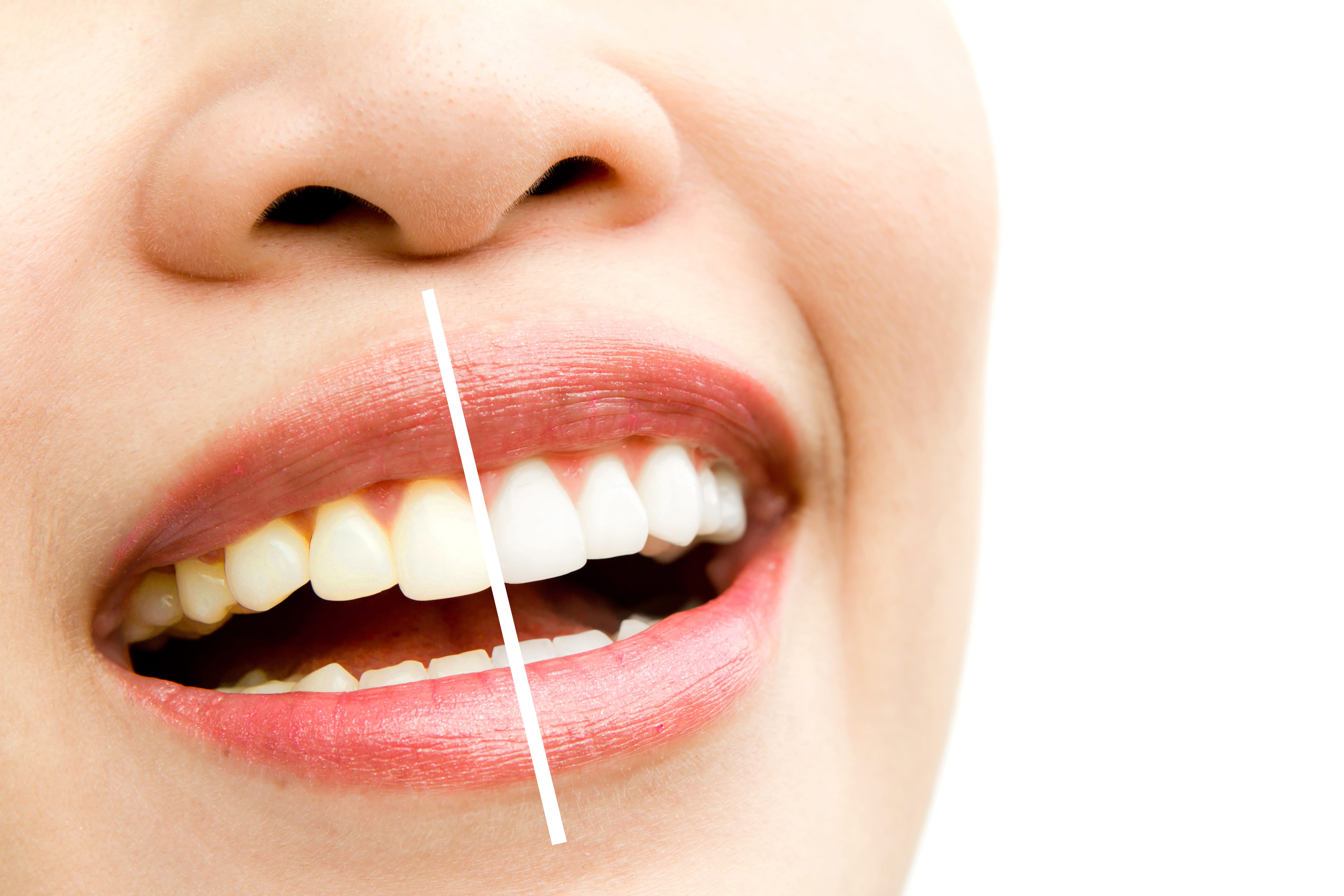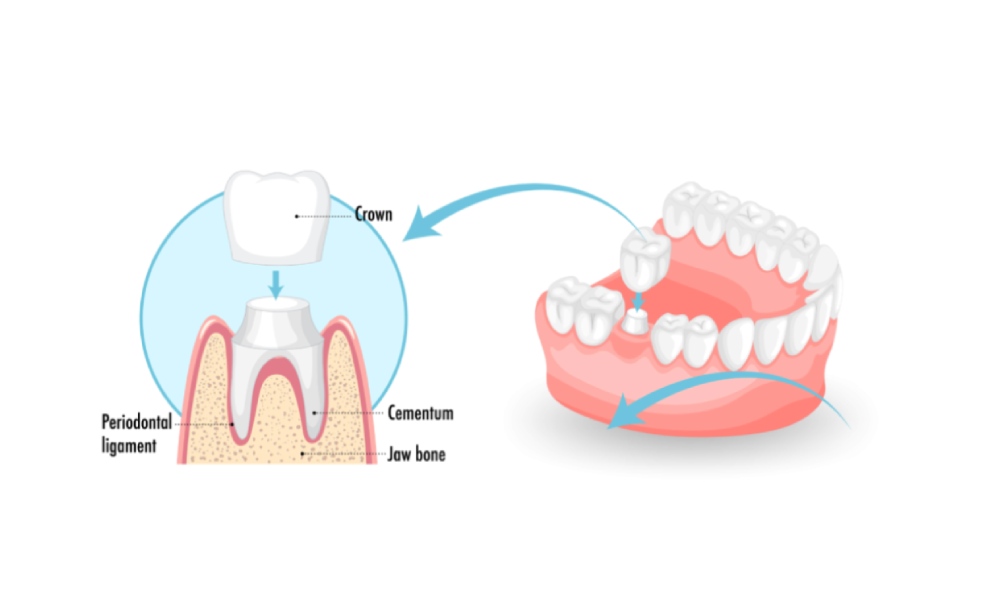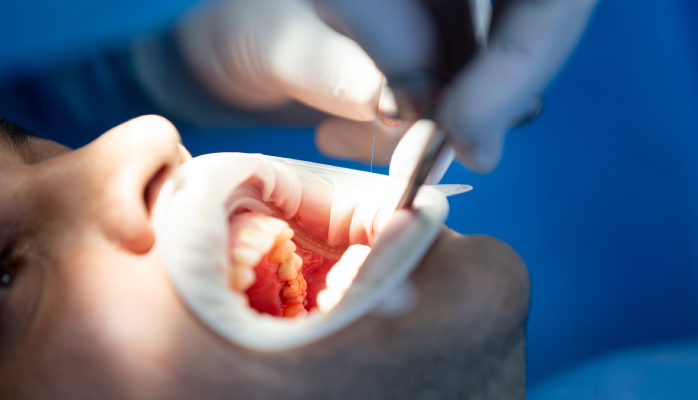Mouth Ulcers – Causes, Treatment
What Are Mouth Ulcers?
Mouth ulcers, also known as canker sores or oral ulcers, are small, painful lesions that develop inside the mouth — on the cheeks, lips, tongue, or gums. While usually harmless and temporary, they can cause discomfort during eating, drinking, or speaking.
Though most ulcers heal on their own within a week or two, persistent or frequently recurring ulcers could be a sign of an underlying health issue.

Why Do Mouth Ulcers Happen?
Mouth ulcers can be triggered by various factors, including:
- Injury or trauma (biting your cheek or tongue, rough brushing, ill-fitting dentures)
- Nutritional deficiencies (especially Vitamin B12, Iron, and Folic Acid)
- Stress or lack of sleep
- Hormonal changes
- Allergic reactions to certain foods or toothpaste
- Underlying health conditions like celiac disease, inflammatory bowel disease (IBD), or oral infections
Common Signs of Mouth Ulcers
If you notice any of the following, you may be dealing with a mouth ulcer:
- Round or oval sores inside the mouth with a white, yellow, or grey center
- Red, swollen skin around the sore
- Pain or discomfort, especially when eating spicy or acidic food
- Difficulty in brushing or speaking

Types of Mouth Ulcers
- Minor Ulcers: Small, oval-shaped and heal within 7–10 days.
- Major Ulcers: Larger, deeper, and may take several weeks to heal, sometimes
- Herpetiform Ulcers: Multiple tiny sores that may merge into one larger ulcer. Despite the name, they’re not caused by the herpes virus.
Treatment Options for Mouth Ulcers
Most ulcers heal without treatment, but if they're painful or persistent, professional care is recommended. Treatment may include:
- Topical gels or creams to reduce pain and inflammation
- Mouth rinses containing antiseptic or corticosteroids
- Nutritional supplements (if deficiency is the cause)
- Laser therapy for quick healing and pain relief
- Custom treatment plan if ulcers are related to underlying systemic conditions
When to See a Dentist?
Visit your dentist if:
- Ulcers last more than 2 weeks
- Sores are unusually large or painful
- You experience recurring mouth ulcers
- You have difficulty eating or speaking
- You notice ulcers along with fever or swollen lymph nodes
Preventing Mouth Ulcers
You can reduce your risk of mouth ulcers by:
- Maintaining good oral hygiene
- Using a soft-bristled toothbrush
- Avoiding spicy, acidic, or sharp foods
- Managing stress effectively
- Eating a balanced diet rich in B vitamins and iron
- Avoiding known triggers such as certain toothpaste or food allergies
Experience Gentle, Professional Ulcer Care
At our clinic, we focus on not just treating your mouth ulcers, but also identifying and managing the root cause. From nutritional advice to advanced pain-relief options like laser therapy, we ensure you receive the most effective and comfortable care.
At our clinic, we focus on not just treating your mouth ulcers, but also identifying and managing the root cause. From nutritional advice to advanced pain-relief options like laser therapy, we ensure you receive the most effective and comfortable care.



